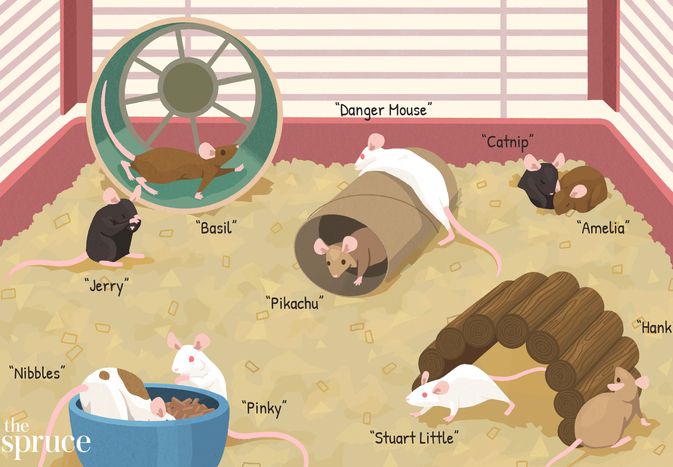
Safe Parasite Control for Small Breed Puppies
Parasites pose a hidden threat to our tiniest canine companions. Drawing on my background ...
Introduction
Puppies are particularly vulnerable to intestinal parasites—roundworms, hookworms, and tapeworms—from birth through early development. Effective deworming protects their growth and overall health. This guide highlights veterinarian-recommended dewormers, proper dosing schedules, and safety considerations for puppies.
Roundworms (Toxocara canis): Transmitted through the mother before birth or via nursing.
Hookworms (Ancylostoma spp.): Can cause anemia in young puppies.
Tapeworms (Dipylidium caninum): Often acquired from ingesting fleas.
Pyrantel Pamoate
Spectrum: Effective against roundworms and hookworms.
Dosage: 5–10 mg/kg orally, repeated at 2- to 3-week intervals until 12 weeks of age.
Safety: Minimal side effects such as mild gastrointestinal upset; generally well-tolerated.
Fenbendazole
Spectrum: Broad coverage (roundworms, hookworms, whipworms, some tapeworms).
Dosage: 50 mg/kg orally once daily for three consecutive days.
Usage: Preferred when multiple parasites are suspected or confirmed.
Praziquantel
Spectrum: Specifically targets tapeworms.
Dosage: 5–10 mg/kg orally as a single dose.
Use Case: Often combined with other dewormers for comprehensive coverage.
Two-Week Mark: First dose of pyrantel pamoate at 2 weeks old (even before first vet visit).
4, 6, 8 Weeks: Subsequent doses of pyrantel pamoate; consider adding fenbendazole if mixed infections are suspected.
12 Weeks: Final dose of routine dewormers; incorporate broader-spectrum treatment if necessary.
Post-Vaccination: Align deworming with vaccination visits to improve compliance and monitoring.
Panacur® (Fenbendazole Suspension): Palatable suspensions for easy oral administration.
Nemex-2® (Pyrantel Pamoate Liquid): Effective against common roundworms and hookworms; ideal for multi-puppy litters.
Droncit® (Praziquantel Tablets): Targeted tapeworm treatment; usually administered at first signs of flea-infested environment.
Weight-Based Dosing: Always weigh the puppy prior to administering. Overdosing can lead to neurological signs; underdosing may foster resistance.
Hygiene Measures
Regularly clean bedding and play areas to minimize reinfection.
Practice proper fecal disposal.
Monitoring
Check stool quality weekly.
Schedule a fecal exam at 16 weeks to confirm successful parasite clearance.
Conclusion
Choosing a vet-recommended dewormer and adhering to a strict schedule ensures puppies develop disease-free. Early parasite control safeguards growth and fosters a healthy start to life. Always follow veterinary guidance and monitor for adverse reactions.

Parasites pose a hidden threat to our tiniest canine companions. Drawing on my background ...

As a seasoned pet health blogger with over a decade specializing in feline wellness, I’v...

IntroductionWelcoming guests when you have pets can be stressful for both animals and huma...

IntroductionWalking your dog provides physical exercise, mental stimulation, and bonding t...

How to Recognize and Treat Common Pet Injuries: Essential First Aid for Dog and Cat Owners...

Complete Guide to Grooming Your Pet: Tools, Techniques, and TipsRegular grooming is essent...

You may think your hamster just has a tickle in his nose which is causing him to sneeze, ...

Mice are gentle, well-loved little pets that have captured the hearts and minds of people...

Guinea pigs are very popular small pets and are great for both kids and adults. Guinea pi...
Comments on "Best Dog Dewormers for Puppies: A Vet-Recommended Guide" :